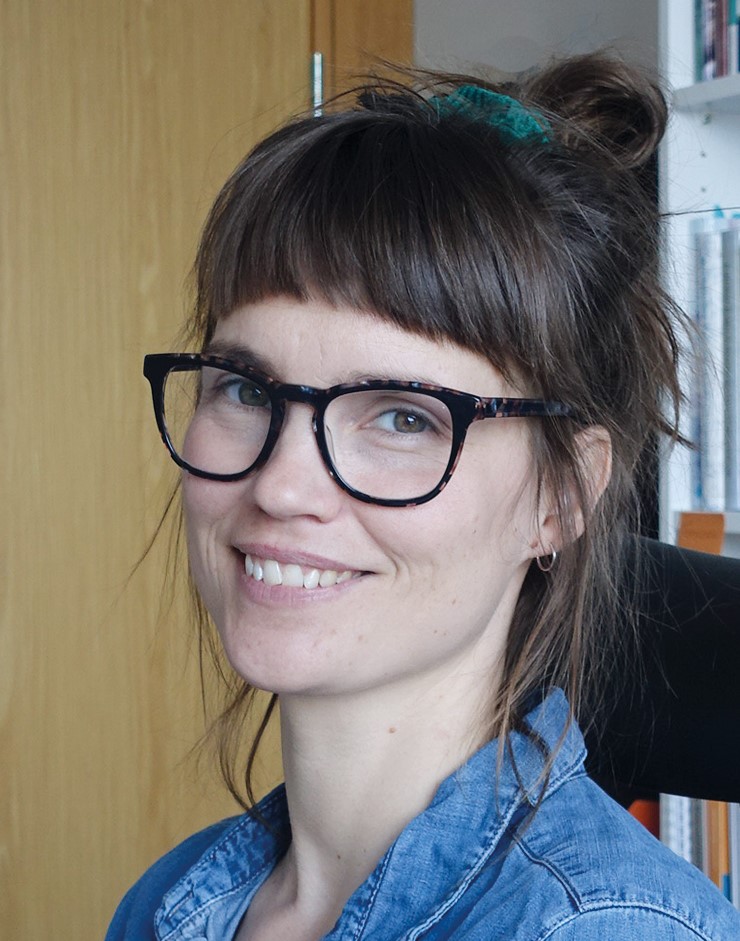To realise sustainability transformations, many ideas, stories, and practices need to be modified or abandoned. Much has been made of the insufficiency of the predominant eco-modernist imaginaries of sustainability. The belief in advanced technology, innovation, and modernization as the primary vehicles for sustainability transformations has long been called into question. New imaginaries and stories need to be created and given material form. In our research, we investigate how this could be done, by asking: how can we develop visions for sustainable futures in which humans are situated in nature? How can these visions be enabled in practice? How can we constructively deal with the tensions, altered power relations, conflicts of interests, and emerging potentials as we practically struggle to enact desired futures?
Our research team is transdisciplinary, but we find common ground in the interest to test and interrogate ideas, methods and practices that allows us to imagine, articulate and enact other futures. Through storytelling and co-creative methods, we provide a space for place-based and personal stories of everyday practices and of collectively held imaginaries. Our work is based on contextually grounded collaborations and includes different efforts to transform land-use practices to restore ecosystems and strengthen resilience to climate change.
We undertake case-study work about tensions and possibilities emerging from efforts to shift from conventional to regenerative farming, from even-aged to more diverse forestry in Sweden, and around the restoration of wetlands and pastures. In La Mosquitia, Honduras, we engage in co-creative work to build capacities in local communities to restore biodiversity, strengthen resilience, and stimulate the voluntary carbon market.


